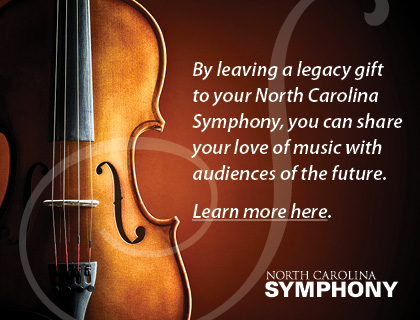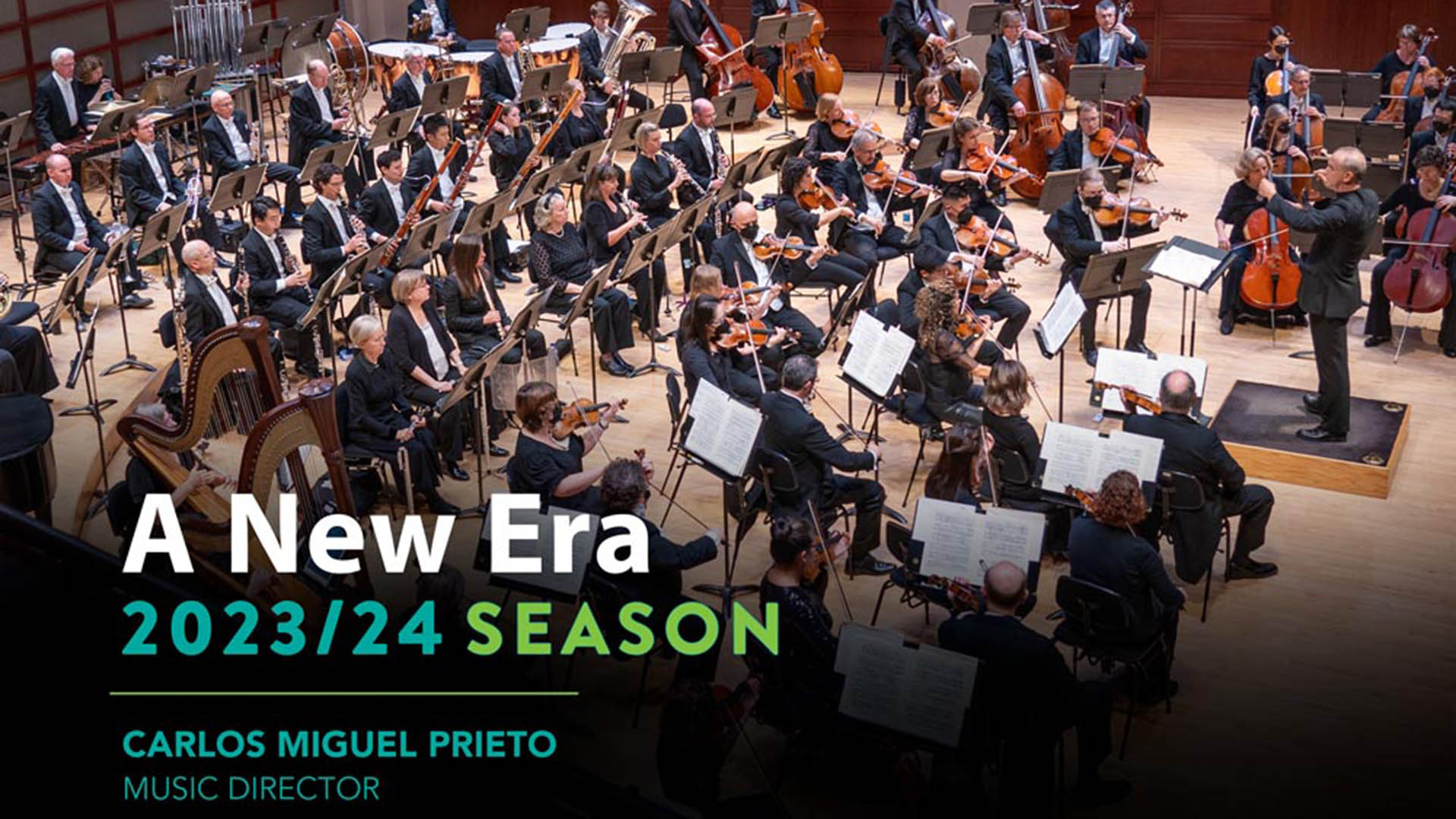Violin Concerto No. 2
Béla Bartók (1881-1945)
THE STORY
Although we now call this composition Bartók’s Second Violin Concerto, during his lifetime, it was simply referred to as his Violin Concerto (his first concerto for the instrument was published posthumously). Written for his friend Zoltán Székely, the first violinist of the Hungarian String Quartet, this concerto was one of the last works Bartók composed in his native Hungary before emigrating to the United States in 1940.
Bartók’s music brings together modernism with his own strong interests in folk music. In this concerto, the main theme of the first movement uses all twelve notes of the musical scale— a technique that forms the basis of “atonal” music compositions in which a musical key is abolished. Yet Bartók’s melody never loses its sense of tonality and feels centered and at home. Elements from folk music appear in the first movement, where the soloist evokes the fast sections (friska) of verbunkos music—Hungarian dance music. Although Bartók did not get to hear his concerto played until 1943, two years before his death, he was evidently pleased: he proclaimed that “nothing had to be changed.”
LISTEN FOR
- The lush main theme of the first movement, introduced by the solo violin, which undergoes various reconfigurations throughout the first movement
- The pastoral, yet haunting melody of the second movement, which consists of six variations on a theme
- Bartók’s colorful orchestration throughout the concerto, which he achieves through extended techniques in the solo violin, including the use of quarter-tones, glissandos (sliding and bending pitch between notes), and creative instrumentation
INSTRUMENTATION
Solo violin; piccolo, two flutes, two oboes, English horn, two clarinets, bass clarinet, two bassoons, contrabassoon, four horns, two trumpets, three trombones, timpani, percussion, harp, celesta, strings

